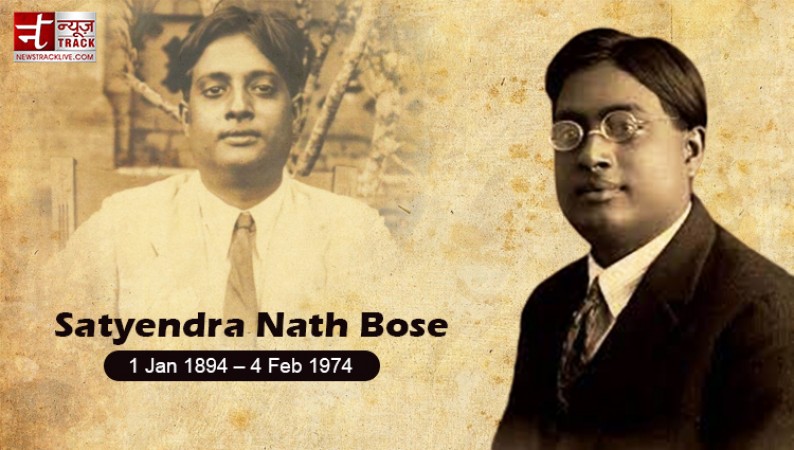
Satyendra Nath Bose, born January 1, 1894, and died on February 4, 1974. The Indian mathematician and physicist noted for his collaboration with Albert Einstein in developing a theory regarding the gaslike qualities of electromagnetic radiation.
Anyone with a background in physics or even just a slight interest in the subject would be familiar with the Boson particle. For those who are interested in the topic, the phrases Bose-Einstein condensate and Bose-Einstein statistics would also be familiar.
The father of the God particle and an Indian physicist named Satyendra Nath Bose contributed these concepts to the fields of statistical physics and quantum mechanics. We honour him today and consider all of his enormous contributions to physics as we mark the anniversary of his death.
Bose's Quantum Physics Contributions: The discovery of a brand-new class of particles is entirely Bose's fault. His interests outside of physics included mathematics, chemistry, biology, mineralogy, philosophy, and even the arts.
With no reference to classical physics and employing a revolutionary method of counting states with identical particles, he was the first to attempt to deduce Max Planck's quantum radiation law. He helped lay the groundwork for the subject by writing a paper that later led to the development of a crucial area of quantum statistics. Because the manuscript was not immediately accepted, he sent it to Albert Einstein, who then had it translated to German and submitted to a reputable publication in Germany.
His work qualifies as a route to move from Plank, Bohr, and Einstein's "old quantum theory" to Schrodinger, Heisenberg, Dirac, and Born's "new quantum mechanics," and it advanced numerous scientific discoveries. He had collaborated with the renowned Louis de Broglie, Marie Curie, and Einstein.
Bose condensate theory was expanded to include atoms by Einstein. As a result, the phenomenon known as Bose-Einstein condensate was predicted to exist. However, after publishing his second work utilising Bose's approach, in which he predicted the Bose-Einstein condensate, Einstein began to understand how radical it was, and after contrasting it with the wave-particle duality, he proposed that some particles didn't behave exactly like particles.
The classification of fundamental particles and the study of nuclear physics have both benefited greatly from Bose's work on Bose-Einstein statistics in today's physics. He is the renowned Indian physicist who is obeyed by 50 percent of physics' particles. I genuinely wanted to pursue research," he had previously said. That has never changed," which demonstrates his commitment to his research and conviction.
Satyendra Nath Bose conferred the Padma Vibhushan, the second-highest civilian honour in India. In addition, he received a Nobel Prize nomination for his work on the Bose-Einstein statistics.
Albert Einstein was also a fan of this Indian scientist, know who was Satyendra Nath Bose?
Data Protection Day 2023: Know the significance of Data Protection